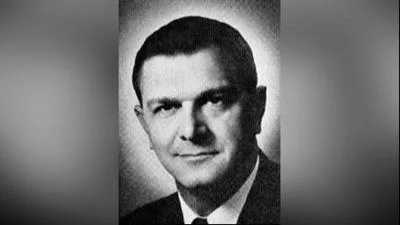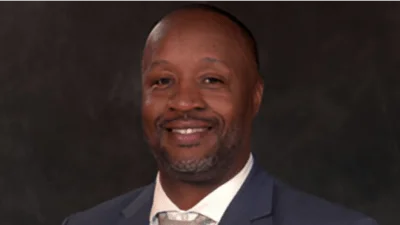Rep. Andrew Chesney | Courtesy photo
Rep. Andrew Chesney | Courtesy photo
Rep. Andrew Chesney (R-Freeport) voiced his interest in the importance of food production for the state's economy.
“Producing food and biomass will be a key future economic driver for Illinois,” Chesney wrote on Facebook. “But it won’t happen if the state continues its current toxic policies of higher taxes, shutting down affordable and reliable energy sources and increasing regulations on job creators.”
Chesney is a member of the House Agriculture & Conservation standing committee.
On his website, Chesney said that Illinois' central location and its air, passenger and freight networks are part of the state's success. “With 2,640 food-manufacturing companies, Illinois is well equipped to turn the state’s crops and livestock into food and industrial products. In fact, the state ranks first in the nation with $180 billion in processed food sales.
24/7 Wall Street wrote a single Illinois adult spends an average of $3,004 on food annually
In June, he spoke out on the U.S. Supreme Court's decision to overturn Roe v. Wade and turn abortion legislation to individual states.
“I am pleased with the Supreme Court's decision on Roe v. Wade that returns the debate about abortion to the states where it belongs. State legislatures will now be tasked with setting the direction for abortion. I will continue to defend life and work towards ending pro-abortion policies here in Illinois," said Chesney.
However, harsh abortion bans lead to unsafe abortions. The World Health Organization wrote that 4.7 to 13.2% of maternal deaths per year were linked to unsafe abortions.
In late May, he pointed out that Republicans and Democrats in the state aren't always fighting.
“While it might not seem to be the case, not everything that occurs in our state’s Capitol is contentious. Republican and Democrat lawmakers came together this year to address, among other issues, the teacher shortage, veteran care, and nursing home reform,” Chesney posted.
He shared a link to a column he wrote, which included a list of all the things that the Illinois General Assembly had accomplished in a bipartisan manner during the session. That included a focus on creating accountability within Illinois' veterans' homes - with the Veterans' Accountability Unit. Working independently of the Department of Veterans Affairs, the unit is tasked with soliciting, reviewing, and addressing complaints from residents of Illinois’ veteran homes and their families, as well as from visitors, vendors, contractors, and department staff. Any complaints, allegations, and incidents uncovered by the Veterans Accountability Unit will be reported to the Office of the Executive Inspector General for further action.






 Alerts Sign-up
Alerts Sign-up